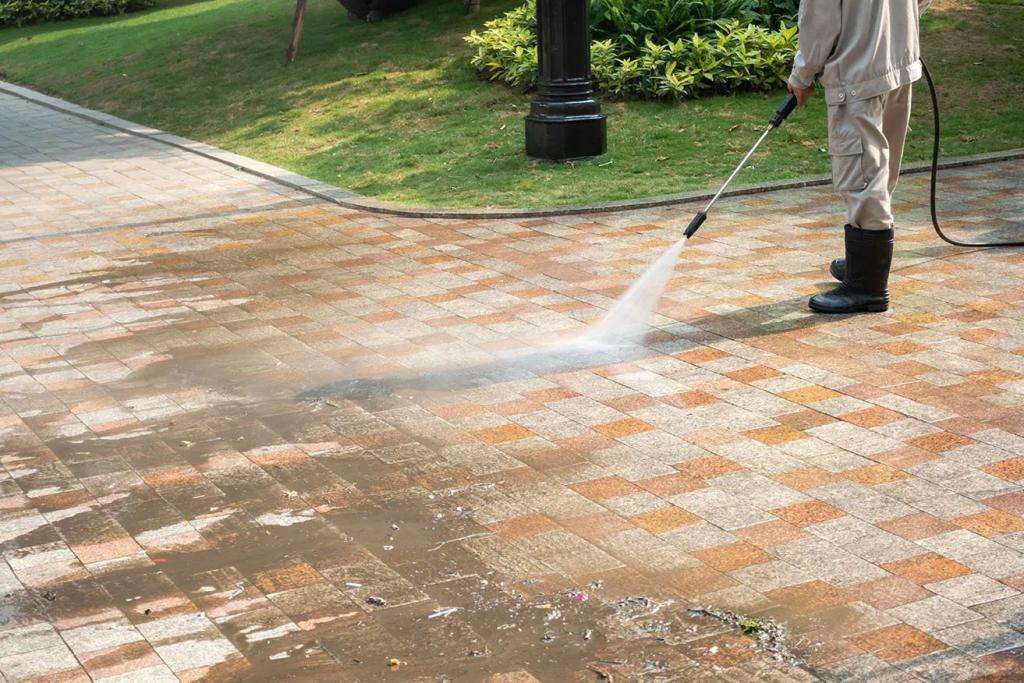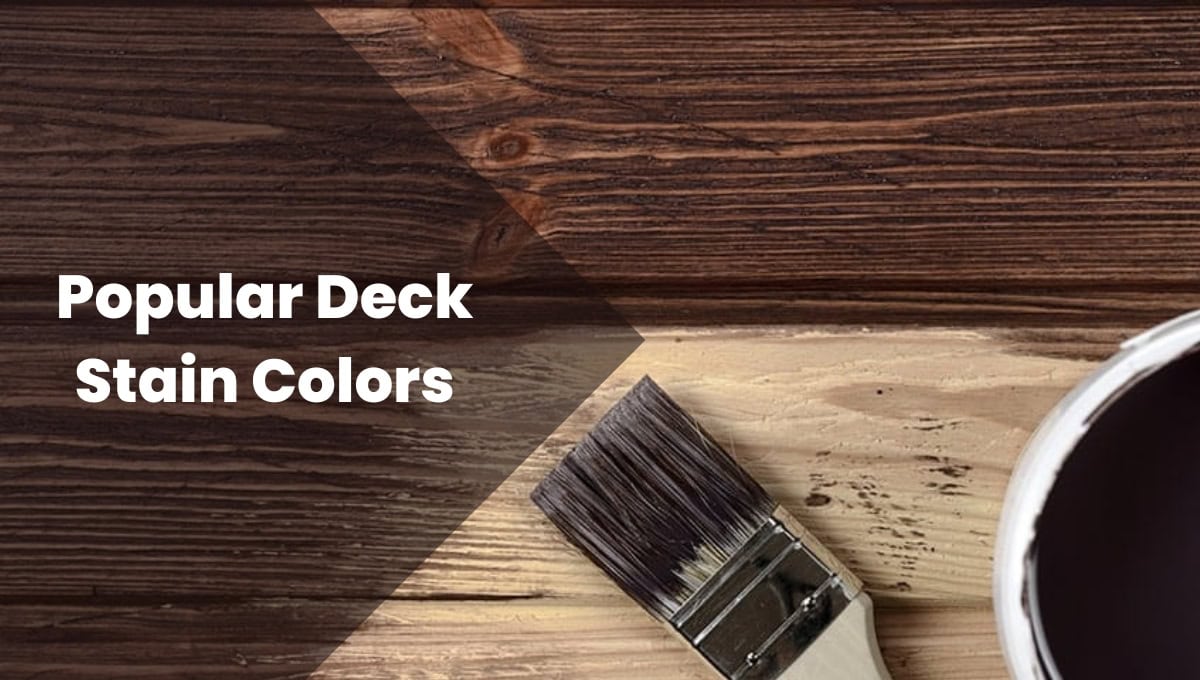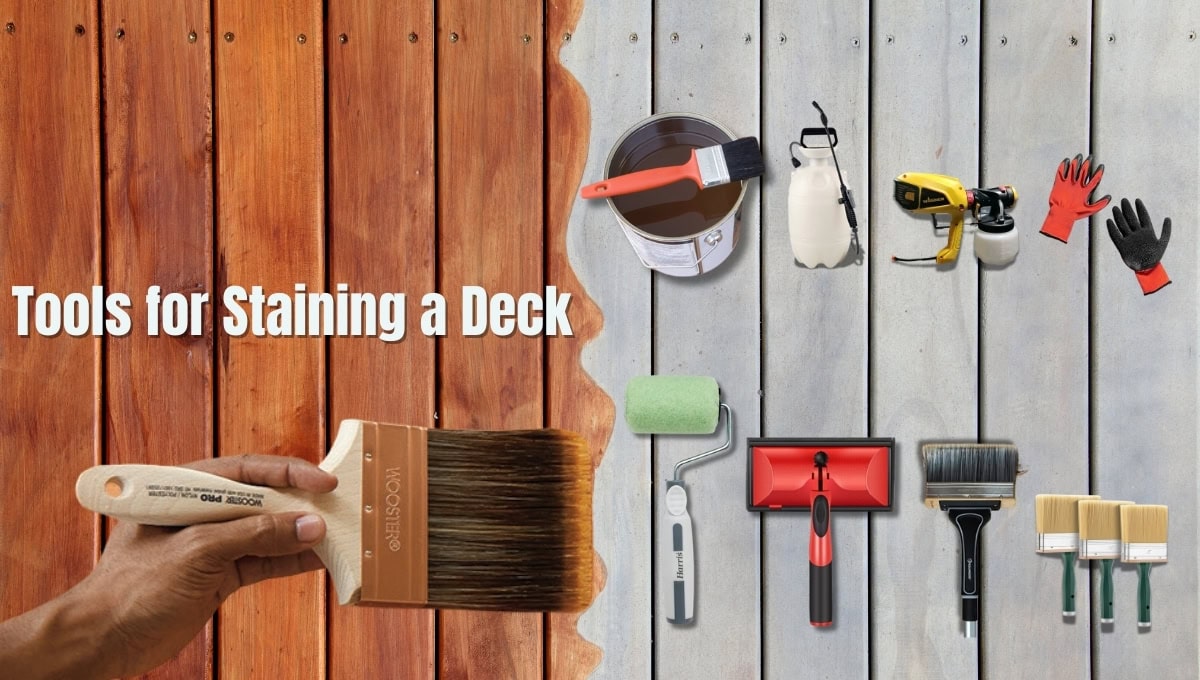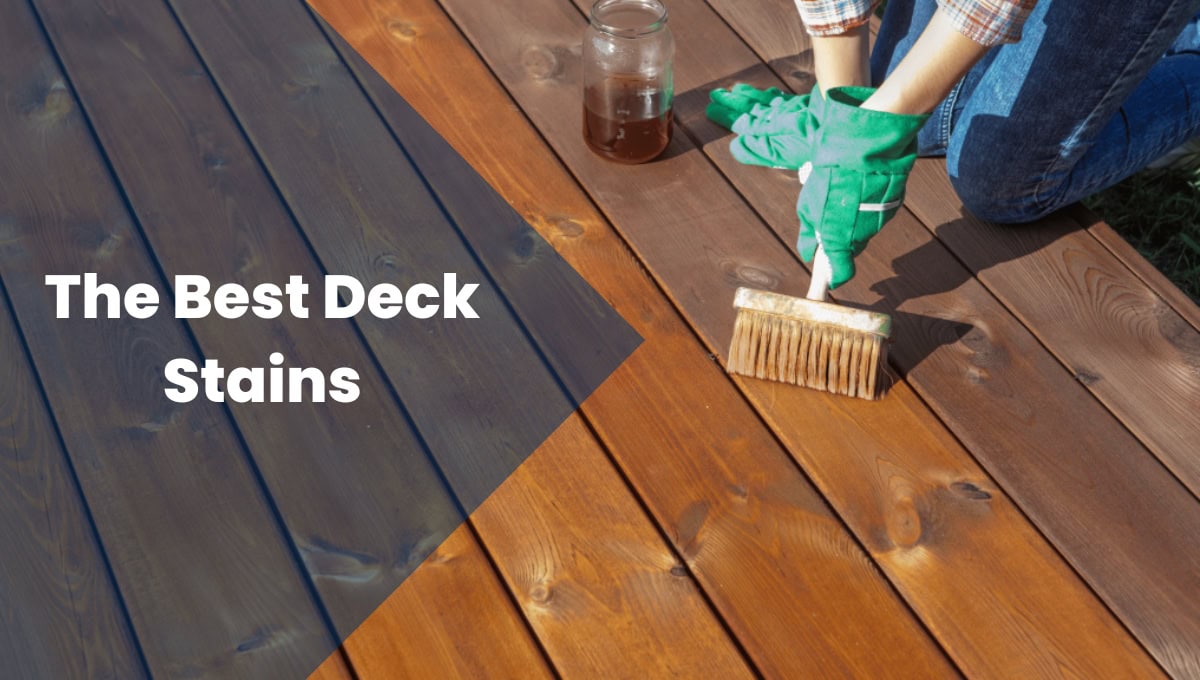Concrete surfaces like driveways, patios, and walkways are prone to accumulating dirt, grime, mold, oil, and stains over time. Even a few blemishes can ruin the clean, welcoming aesthetic of your property and leave it looking worn out. As a property owner, you want your concrete to reflect the care and pride you take in maintaining your home or business.
While pressure washing is a powerful tool for restoring concrete surfaces to their former glory, it may not always be enough for stubborn stains. For tough grime, pre-treating the surface with a specialized cleaner or degreaser is essential to achieve professional-quality results.
In this guide, we’ll explore what to spray on concrete before pressure washing, discuss the types of cleaners for different stains, and walk you through how to prepare your concrete for the best cleaning results.
Why Pre-Treat Concrete Before Pressure Washing?
Concrete is a porous material, which means dirt, grime, and stains can seep deep into its surface. Without proper pre-treatment, pressure washing might only remove the superficial layer of dirt, leaving behind stubborn stains.
Here’s why pre-treating your concrete is important:
- Enhanced Efficiency: Loosens and emulsifies dirt, grime, and stains for easier removal.
- Superior Results: Ensures a thorough clean, leaving your concrete looking fresh and revitalized.
- Time and Cost Savings: Reduces cleaning time, water usage, and effort required for a deep clean.
- Surface Protection: Prevents damage caused by excessive pressure washing on untreated surfaces.
Common Pre-Treatment Solutions for Concrete Cleaning
The success of pressure washing depends on using the right chemicals tailored to the stains you need to remove. The chemicals used in pressure washing play a significant role in breaking down tough grime, oil, rust, or organic stains, making it easier to achieve a clean and polished surface. The key is matching the pre-treatment solution to the specific type of stain on your concrete. Here are the main types of cleaners and their uses:
1. Acidic Cleaners
Best For: Rust, mineral deposits, and efflorescence (white powdery residue from salt deposits).
How They Work: These heavy-duty cleaners dissolve stains and impurities that are soluble in acidic solutions.
Tips for Use: Always neutralize the surface after using an acidic cleaner to prevent corrosion.
2. Alkaline Cleaners (Concrete Degreasers)
Best For: Oil, grease, and hydrocarbon-based stains.
How They Work: High pH levels break down and lift oily substances, making them easier to remove during pressure washing.
Additional Use: Can also neutralize concrete after using acidic cleaners.
3. pH-Neutral Cleaners
Best For: Light stains and general cleaning on indoor or unsealed concrete surfaces.
How They Work: Mild formulas that clean without damaging delicate finishes or nearby plants.
Tips for Use: Dilute according to the manufacturer’s instructions for optimal results.
4. Bacterial Cleaners (Oxidation Cleaners)
Best For: Organic stains like pet urine, mold, mildew, and algae.
How They Work: Use active enzymes to break down starch-, protein-, and hydrocarbon-based stains without water.
Eco-Friendly: Gentle on the environment and safe for use around plants and animals.
Steps for Pre-Treating Concrete Before Pressure Washing
Follow these steps to properly pre-treat and prepare your concrete surfaces:
- Identify the Stains: Assess the type and severity of the stains to choose the appropriate cleaner.
- Clear the Area: Remove debris, leaves, and loose dirt with a broom or blower. Cover surrounding plants and surfaces with drop cloths or painter’s tape for protection.
- Dilute the Cleaner: Follow the manufacturer’s instructions for dilution ratios to avoid damaging the concrete surface.
- Apply the Solution: Use a low-pressure sprayer or an X-Jet to evenly coat the surface with the cleaner. Let it sit for 10–15 minutes to penetrate and loosen the grime.
- Scrub Tough Stains: For stubborn spots, use a stiff-bristle brush to agitate the cleaner and break down stains more effectively.
- Rinse Thoroughly: Remove the cleaner and loosened dirt with a garden hose or low-pressure setting on your pressure washer.
The Best Way to Pressure Wash Concrete
After pre-treating, it’s time to pressure wash your driveways or concrete for a pristine finish. Begin with a low-pressure setting to avoid damaging the surface, gradually increasing as needed. Use a surface cleaner for even coverage and faster cleaning, and work in manageable sections to ensure a thorough and consistent clean. Once the surface is dry, applying a concrete sealer can provide lasting protection against stains, cracks, and weather damage.
If you’re pressed for time or dealing with stubborn stains, trust McCoy’s Deck Staining and Pressure Washing for exceptional results. Using commercial-grade products and state-of-the-art equipment, our team restores driveways, patios, and walkways with precision and care. Contact us for professional concrete cleaning and sealing services in Smyrna, Murfreesboro and surrounding areas!
FAQs on Pretreat Concrete Before Pressure Washing
The best chemical depends on the type of stain. For light stains, dish soap may suffice. Grease and oil require degreasers, while rust stains need acidic cleaners.
Bleach can be effective for mold and mildew, but it should be used sparingly and diluted to prevent damage to plants and nearby surfaces.
For newly poured concrete, allow at least 14 days to cure before pressure washing.
Use a high-quality concrete sealer to protect the surface from future stains and wear.




